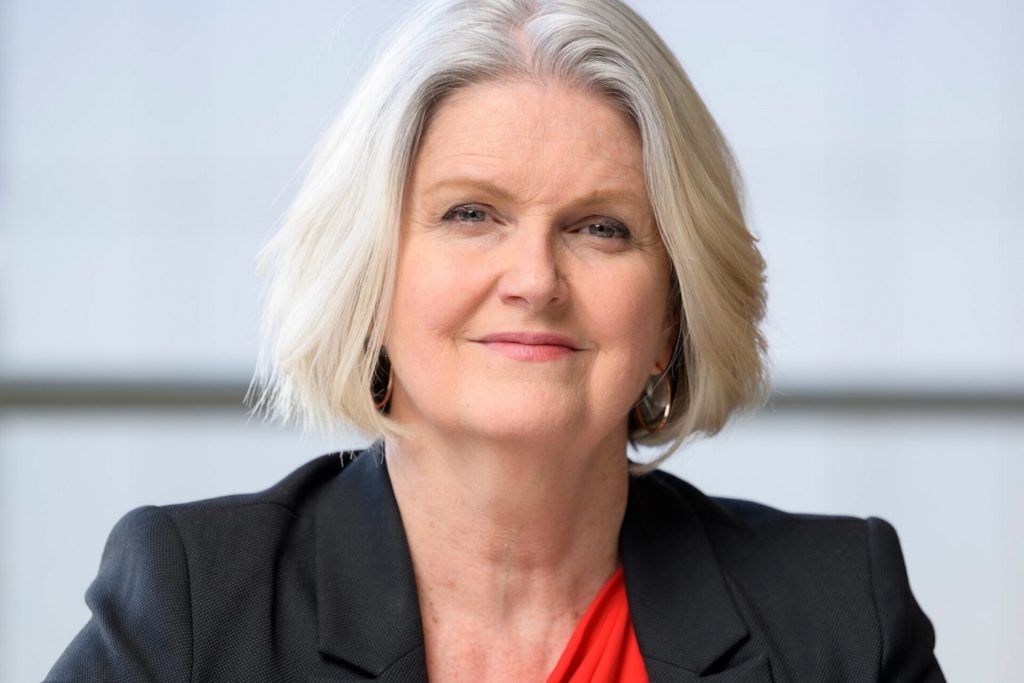The Reserve Bank has increased interest rates for the first time in over a decade, lifting the rate to 0.35 per cent on Tuesday afternoon.
It is expected there will be a series of interest rate rises throughout the rest of the year. Reserve Bank governor Philip Low said the time was right to lift interest rates from the emergency low level that was necessary during the pandemic.
“Over time it is not unreasonable to expect interest rates would get to 2.5 per cent,” Lowe told reporters.
In light of the rate rise, the Australian Council of Social Service (ACOSS) has warned that the government must commit to full employment and lifting wages, especially for those on the lowest incomes – many of whom are women.
“As interest rates inevitably continue to rise over the course of the next year, we hope the RBA follows its own advice to hasten slowly from now on so that the benefits of full employment are realised,” CEO of ACOSS Cassandra Goldie told Women’s Agenda.
“While unemployment is at its lowest level in two decades, there is still much work to do to sustain it and give those locked out of paid work a real chance, to lift lowest incomes and get wages moving again, and ensure that those who need more paid hours can get them.”
Goldie noted that poverty is a reality that disproportionately affects women and underemployment remains a problem in Australia, predominantly impacting women. The housing crisis impacting renters also need to be addressed, she said.
“There are almost a million people struggling on unemployment payments, together with almost 900,000 people who are employed but need more paid hours, 60 per cent of whom are women. We haven’t had full employment in Australia for 50 years and we’re not there yet,” Goldie said.
“During 2020, when the Government delivered more adequate income support and housing, and suspended punitive conditions, poverty was half what it would otherwise have been. Instead of learning those lessons, we’ve turned our backs on them again, plunging women, including single mothers and their children, into deep poverty once more. This has been done at the same time as the Government is delivering billions in tax cuts to wealthy men.”
Goldie also said that avoiding a rapid further rise in interest rates would ease the impact on people, like first home buyers, who have recently taken on high levels of debt to break into the housing market.
Australia’s big four banks – ANZ, CBA, NAB and Westpac – have now announced they will increase interest rates for variable home loans by 0.25 per cent.
Meanwhile, advocates in the early learning sector suggest that the rate rise, combined with high childcare costs will squeeze family budgets.
“Rising interest rates will increase the burden on struggling families and leave them facing the impossible choice of whether they can afford investing in early learning for their young children,” Jay Weatherill, director of Thrive by Five, said.
“When I chat with parents, it’s not uncommon for them to speak of childcare costs as being equivalent to a ‘second mortgage’ or how they’ll pay less in fees when their child starts primary school.
“The bottom line is no Australian child should be denied the opportunity of early learning because costs of living are on the rise. No Australian parent should be held back from work because they cannot afford safe and high-quality care for their young child.
“Reducing the cost of high-quality childcare will free up family budgets, help address inflation and support more parents to re-enter or stay in the labour market.”

